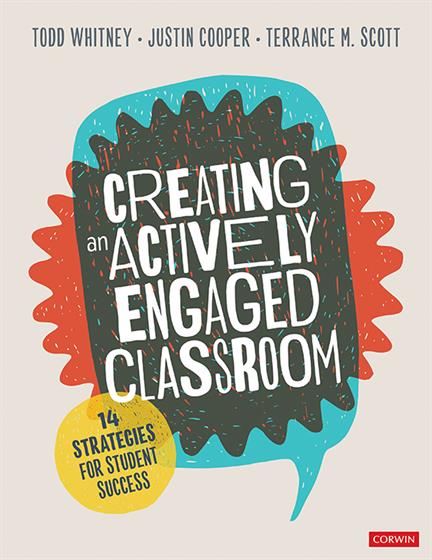Hands-on, Practical Guidance for Educators
From math,
literacy, science, equity, multilingual learners, and SEL, to assessment, school counseling,
and education leadership, our books are research-based and authored by experts
on topics most relevant to what educators are facing today.
Creating an Actively Engaged Classroom
14 Strategies for Student Success
With this book, you’ll discover 14 strategies you can translate directly to your classroom, complete with descriptions, advantages and disadvantages of each, and how and when best to use them.
Product Details
- Grade Level: PreK-12
- ISBN: 9781071823583
- Published By: Corwin
- Year: 2021
- Page Count: 160
- Publication date: June 24, 2021
Review Copies
Review copies may be requested by individuals planning to purchase 10 or more copies for a team or considering a book for adoption in a higher ed course. Request review copy - opens in a new tab - opens in a new tab





